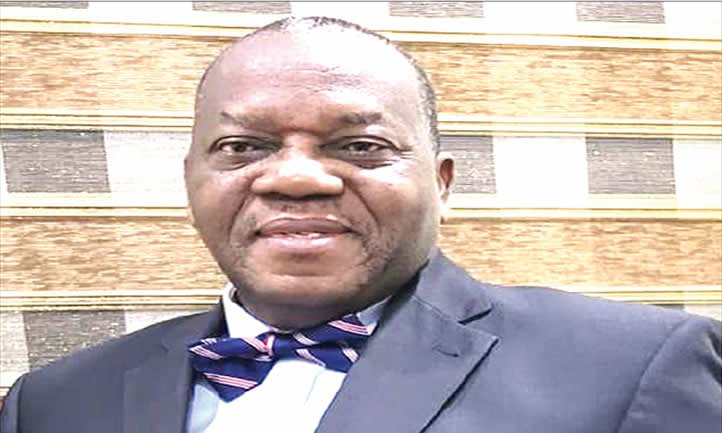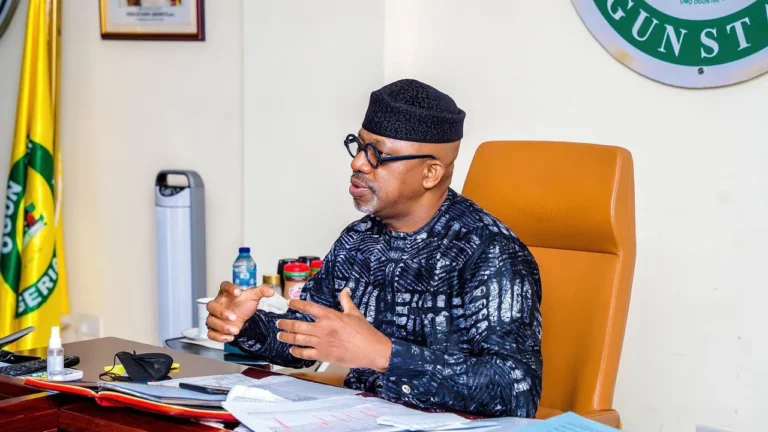
12th February 2025
Dr. Godknows Igali, former Nigerian Ambassador and First Vice President of the Academy of International Affairs of Nigeria, shares his perspective on the recent withdrawal of Niger, Burkina Faso, and Mali from the Economic Community of West African States (ECOWAS) and its consequences for the region.
A Sovereign Right, But With Consequences
The decision of these Sahelian nations to leave ECOWAS is an exercise of their sovereign right. Every country has the authority to decide which alliances or regional bodies it wants to be part of. Their exit, therefore, is not illegal or unprecedented. No nation can be forced into an organization against its will. However, while their decision is legitimate, the implications are far-reaching.
ECOWAS and Smaller Regional Alliances
ECOWAS, which will mark its 50th anniversary this year, has always accommodated smaller regional alliances within its framework. For example, in the past, Nigeria, Ghana, and Togo formed an informal group called the Co-Prosperity Zone to strengthen economic and diplomatic ties. Similarly, other smaller unions have existed within ECOWAS, such as those among Francophone nations or Scandinavian-style cooperative groups.
The key difference, however, is that those alliances coexisted within ECOWAS. In contrast, Niger, Burkina Faso, and Mali are completely withdrawing from the bloc, similar to Britain’s exit from the European Union (Brexit). This is what makes the situation more concerning.
Key Areas of Concern
- Trade and Economic Disruptions
ECOWAS promotes free trade and economic integration, allowing member states to move goods across borders without tariffs or trade barriers. With these three countries leaving, trade between them and the rest of West Africa could become more complicated. New trade agreements would need to be negotiated, and potential tariffs or border restrictions could slow down commerce. - Restrictions on Free Movement of People
One of ECOWAS’ core principles is the free movement of people across member states. Citizens of member countries do not need visas to travel within the region for up to 90 days. Currently, many people from Niger, Burkina Faso, and Mali live and work in Nigeria and other ECOWAS countries without immigration restrictions. Their exit raises several questions:- Will their citizens now require visas to enter ECOWAS nations?
- Will ECOWAS grant them special status to maintain existing travel and work freedoms?
- How will this impact regional migration, given that many West Africans frequently move across borders for work and trade?
- Nigeria’s Unique Position
As the largest economy in West Africa, Nigeria is particularly affected by this development. Nigerians are highly mobile and do business extensively across the region. If new restrictions emerge, it could impact Nigerian traders, businesses, and workers operating in these countries. - Security and Political Stability
The exit also has security implications. These three nations have been facing political instability, including military coups and growing extremist threats. ECOWAS often plays a role in regional conflict resolution and peacekeeping. With their withdrawal, coordinating efforts to combat terrorism, cross-border crime, and political crises may become more difficult.
What Next for ECOWAS and West Africa?
The departure of these countries presents a major test for ECOWAS. It must now decide whether to engage them diplomatically to reconsider their decision, create special agreements to maintain economic and travel ties, or accept the new reality and adjust its policies accordingly.
For Nigeria and other ECOWAS nations, maintaining strong diplomatic and economic relations with these countries remains crucial, even if they are no longer official members of the regional bloc. The situation calls for careful negotiations to minimize disruption and ensure continued regional cooperation.
In conclusion, while the exit of Niger, Burkina Faso, and Mali is their sovereign choice, it has triggered significant economic, political, and security concerns that West Africa must now navigate carefully.



